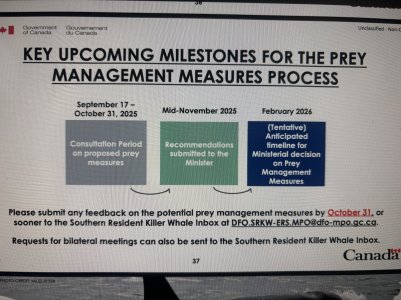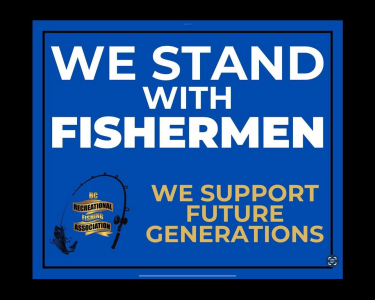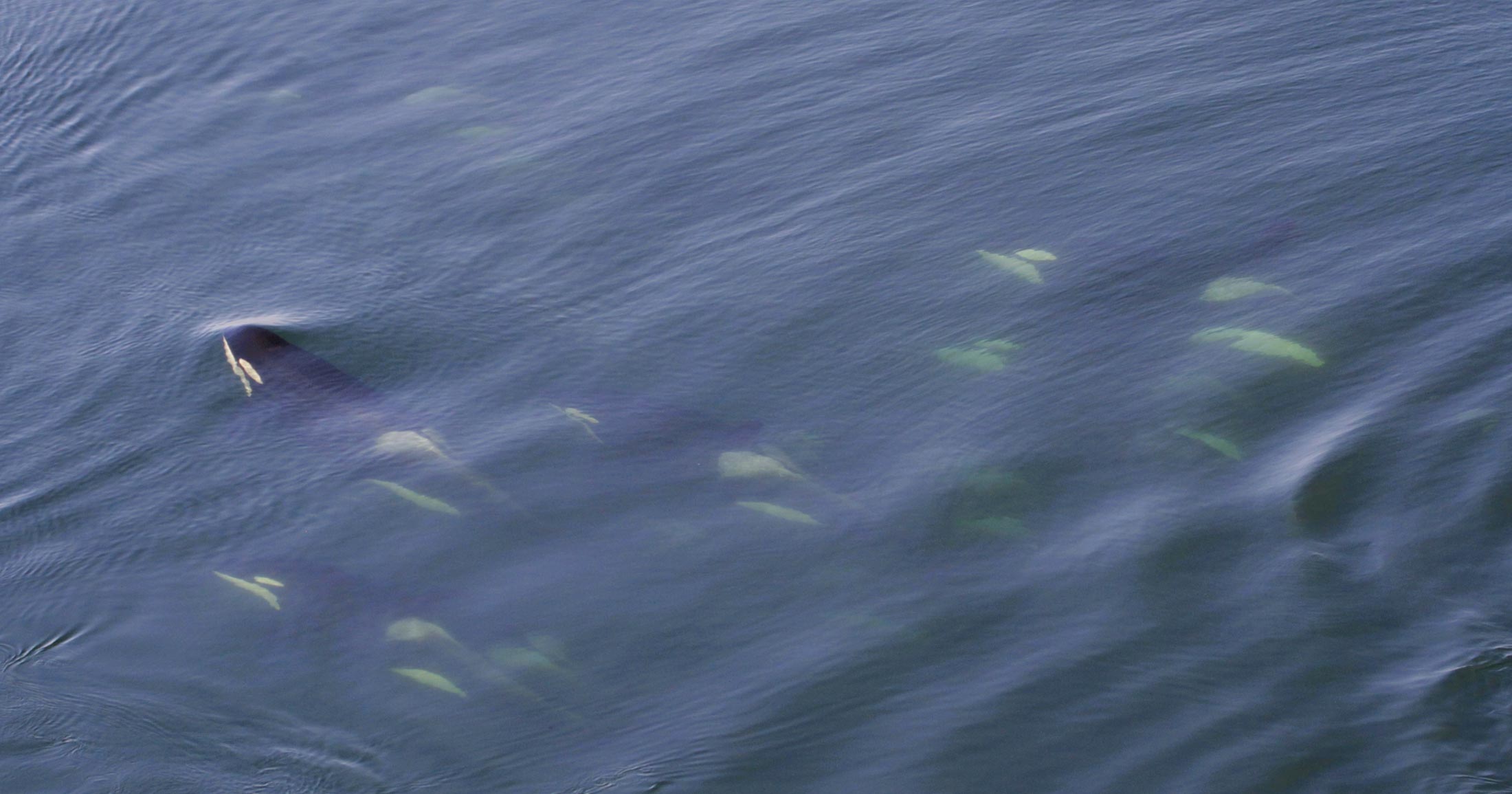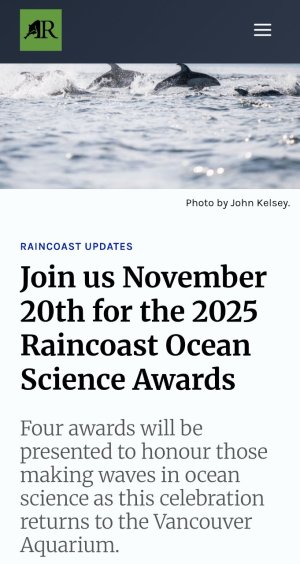I think its interesting to post thoughts on this forum, however without actions those are hollow. There are fairly easy and positive actions each of us as concerned recreational anglers can take that will make a difference.
First, take a moment to reach out to your local MP and seek a brief 15 minute meeting with them and let them know how the existing SRKW management measures and the new proposed measures are impacting you - ask for their help taking your concerns to Ottawa. That is why they were elected as your representatives - get their help representing you.
Current Members of Parliament - Members of Parliament - House of Commons of Canada

www.ourcommons.ca
Second, take a few minutes to write to DFO in this current and very brief consultation period - let them know your concerns regarding the existing SRKW measures, the proposed measures. Even better,
ask them to remove the existing measures and replace those with Adaptive Management Measures such as a 400m Avoidance Zone that has clear enforceable penalties to backstop and shift on-water behaviours of vessel operators of ALL type (recreational and Whale Watching).
As many of us know, whale foraging and use of the environment is highly variable an unpredictable - thus fixed spatial measures such as fishing closures afford little protection when whales are not in those areas and further impact unnecessarily social and economic benefits the recreational fishery provide to Canada. Mobile strategies that apply everywhere whales travel and at all times are far more impactful protection, while achieving a critical balance between protection and socio-economic benefits to Canada.
I would go even further, and let DFO know that many Chinook stocks in the key forage areas SRKW utilize while here in BC waters are showing dramatic if not historic recovery - East Vancouver Island +236%; West Vancouver Island +32%; Fraser +45% - Source PSF Spawner Abundance published in State of Salmon Report. Moreover, a recent study from UBC provides growing insights to the effect of significant South Coast Chinook abundance proving the urban myth that prey availability is a contributor to SRKW recovery .
Saygili & Trites 2024 https://journals.plos.org/plosone/article?id=10.1371/journal.pone.0311388
Research suggests the prey abundance limitations on SRKW recovery more likely than not take place in US waters
“Our findings do not negate the hypothesis that southern residents are thinner on average than northern resident killer whales because they are not consuming enough prey [70]. Rather, they suggest that southern resident killer whales are no less food-limited than northern resident killer whales during summer, and any food shortage that might be occurring is happening elsewhere or at other times of the year.”
“Thus, our assessments of Chinook densities in the Salish Sea in 2020, along with those from 2018–2019 [5], suggest that southern resident killer whales are not food-limited in the Salish Sea—and that their low numbers and apparent low carrying capacity reflects lower prey abundances further south in Oregon or California.”
While the
deadline for input to DFO is October 31, they will not be providing recommendations to the Fisheries Minister until Mid November and even then, do not expect the Minister will be making a decision until at least February - so there is still time to act now. Start with an email to DFO at:
DFO.SRKW-ERS.MPA@dfo-mpo.gc.ca
View attachment 122100

 www.facebook.com
www.facebook.com






